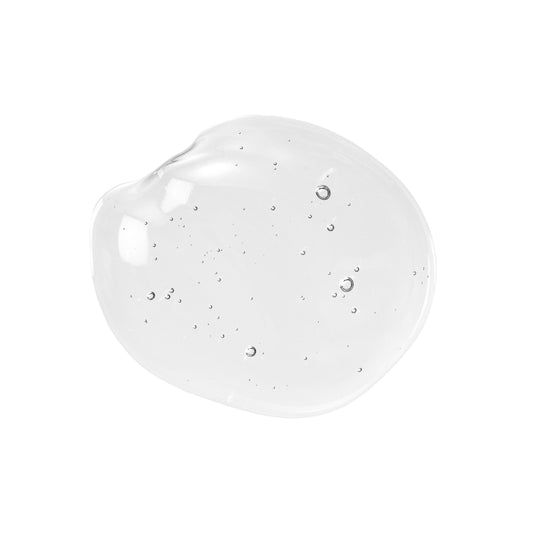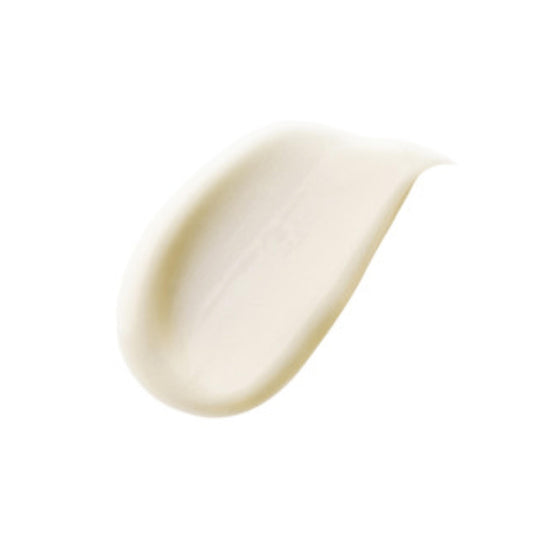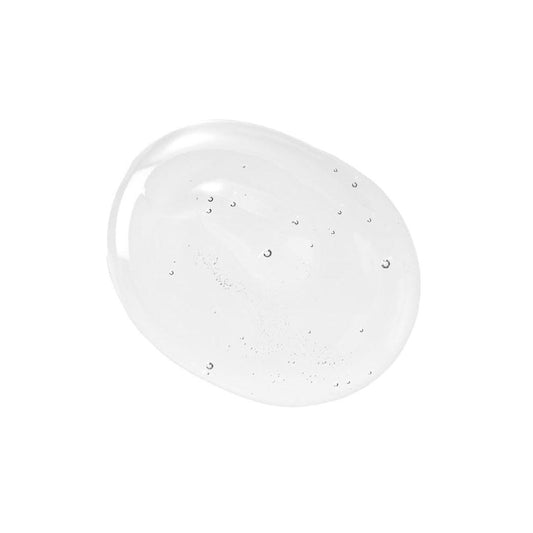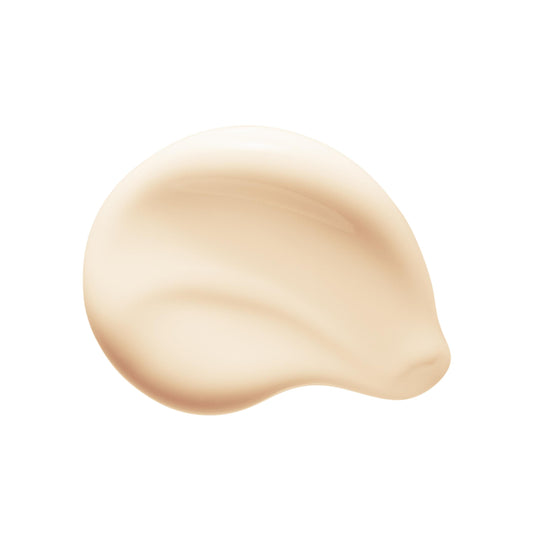The use of preservatives in skin care products is necessary to prevent the growth of harmful microorganisms which can cause spoilage, resulting in changes in colour, odour, and texture of the product. In some cases, there may even be a health hazard when the the preservative fails to stop microorganisms and the skin care product or cosmetic is being applied to a mucous membrane. Preservatives are designed to protect cosmetic products from contamination by mold and bacteria during their use.
Common skin care preservatives are widely reviewed and approved for use.
Preservatives are used to extend the shelf life of a product and prevent bacteria, mold and yeast from growing within it. Preservatives are used in many different types of products, including skin care products.
The most common preservatives include parabens, formaldehyde-releasing preservatives (FRPs) and phenoxyethanol. These three groups of ingredients have been reviewed by health authorities around the world such as the United States Food & Drug Administration (FDA), Australian Therapeutic Goods Administration (TGA), European Union Scientific Committee on Consumer Products (SCCP) and Health Canada's Cosmetic Ingredient Review Expert Panel. These reviews have concluded that all these ingredients are safe for use in personal care products under existing conditions of use.*
Some skin care preservatives may be controversial, but many of these controversies are based on scientific research that has been misinterpreted and, in some cases, misrepresented.
Skin care preservatives are used to prevent the growth of bacteria and fungi in products. There are two types of preservatives: natural and synthetic. Natural preservatives include grapefruit seed extract, rosemary extract, tea tree oil, vitamin E, various essential oils and plant extracts (lemon peel oil), lactic acid bacteria (lactobacillus). Synthetic preservatives include parabens (methylparaben, butylparaben etc.), phenoxyethanol and phenoxyisopropyl dimethylbenzyl ammonium chloride. Preservatives are not required in all products; however they tend to be used more frequently in higher risk products such as face wash or body lotion because these have a higher chance of being contaminated by bacteria during manufacturing or storage than something like mascara which is applied directly onto the eye area where there is no skin contact whatsoever!
Preservatives are only one of many ingredients in most skin care products, and they only make up a small percentage of those products. The following preservatives are commonly used by Cellular Cosmetics:
- Phenoxyethanol
-
Sodium Benzoate
-
Potassium Sorbate
Many naturally-occurring substances can cause harm; some preservatives have been used safely for generations.
Preservatives are chemical or natural substances that are used to prevent growth of unwanted microorganisms in a product. They are widely used in many products, including foods and cosmetics.
In summary, preservatives are a necessary part of the beauty industry. If we didn’t have them, our products would expire after a few days and no one would be happy with that. However, it is imperative that consumers understand what preservatives are being used in their skincare products so they can make informed decisions about whether or not to use them based on their own preferences for what kinds of chemicals go into their bodies. Comment below with any questions you may have!




